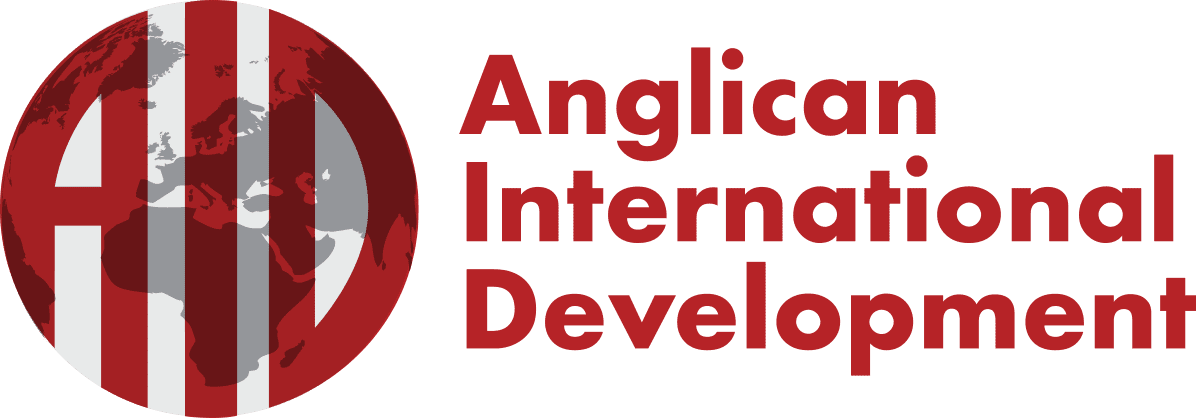Meet the women who are developing businesses in the face of poverty to provide for their families.
Training Health Workers for South Sudan (JHSI)
Training Health Workers for South Sudan (JHSI)
Training Health Workers
South Sudan has one of the highest maternal mortality rates in the world with close to 1 in 100 mothers dying in pregnancy or childbirth. Whilst 1 in 10 children die before the age of five.
One of the biggest reasons for this is a lack of trained health professionals:
There is only one doctor per 66,000 people in South Sudan and only one midwife per 17,000.

The Jonglei Health Sciences Institute (JHSI) in Bor, South Sudan exists to change these statistics by training high quality midwives and clinical officers. Clinical officers do many of the same jobs as doctors and also have a managerial role in health clinics. They form the basis of many successful health systems in neighbouring East African countries. The JHSI focuses on this lower level of health worker as they are quicker and cheaper to train than doctors but also much more likely to stay in the country once qualified.
Drs Anil and Shalini Cherian run the JHSI. Anil is a consultant paediatrician and Shalini a consultant obstetrician; both trained at Vellore Medical College in India. Their aim is to offer ‘transformative education’ by showing the students the profound change they can bring about as godly, servant-hearted healthcare professionals.


Life at the JHSI
There are around 60 students studying at the JHSI. Each course is three years long and uses the South Sudanese medical curriculum. Courses also include plenty of practical experience in hospitals and Primary Health Care Centres and writing research projects. Besides this, student life is filled with extra-curricular activities such as volleyball, sports days, drama competitions and an annual Bible retreat. There is also a weekly Bible study for students who wish to go along.
Once they graduate, students must work in healthcare settings to complete their medical qualifications.
Previous Graduates
Around 60 students have already graduated from the JHSI (previously called the ICMDA National Institute of Health Sciences and based in Kampala, Uganda). They are now working across South Sudan, many in Primary Health Care Centres. As well as caring for patients, saving lives and delivering babies safely they are transforming medical practices in some areas. For example, teaching the importance of proper examination of pregnant women and using gloves to prevent the spread of infection to the mother.


Challenges and Future Plans
Bor is a challenging environment: internet access is patchy, destructive floods hit in 2020 and teaching facilities are basic. According to the World Health Organization, Jonglei State is especially under-resourced for medical services. The JHSI is an oasis of hope in a medical desert. Drs Anil and Shalini Cherian are working hard to make sure students have all they need for their education. Students have received laptops and await an exciting delivery of solar-powered Arclight ophthalmoscopes, designed for places like Bor. Anil and Shalini also have plans to develop a local area network to get around internet difficulties and provide students with much-needed digital learning resources.
Most importantly, the JHSI is training highly qualified healthcare professionals to save lives for decades to come across the country.
Could you support the JHSI?
The JHSI depends heavily on your prayers and financial support. If you would like to receive prayer and news updates, you can subscribe on our website. Similarly, if you would like to donate to the JHSI please visit our donate page.






